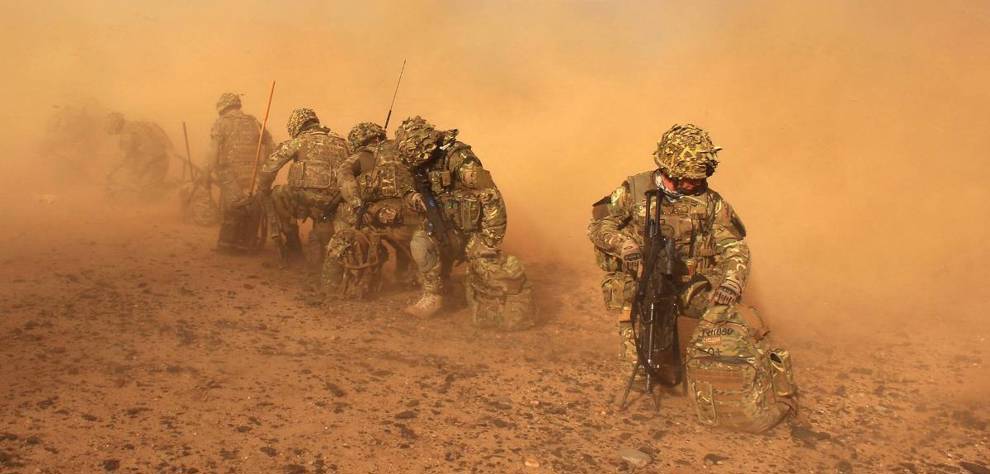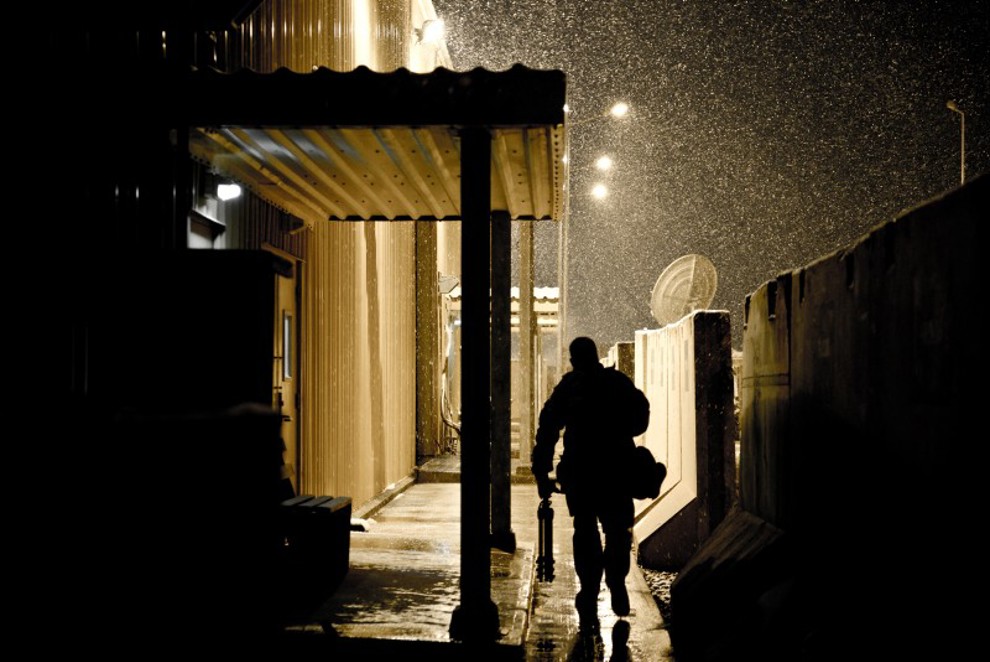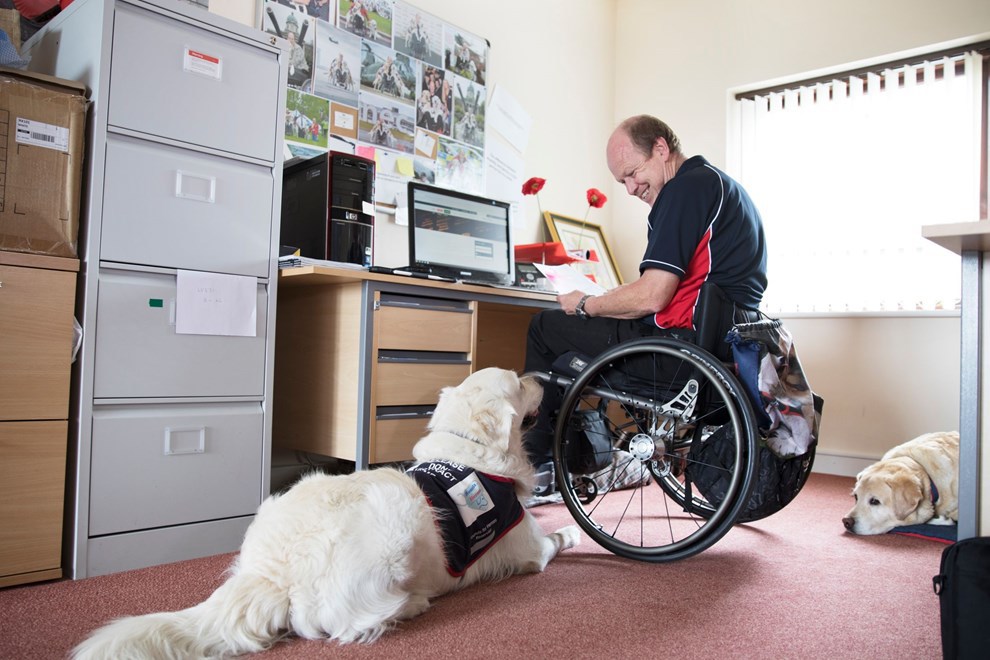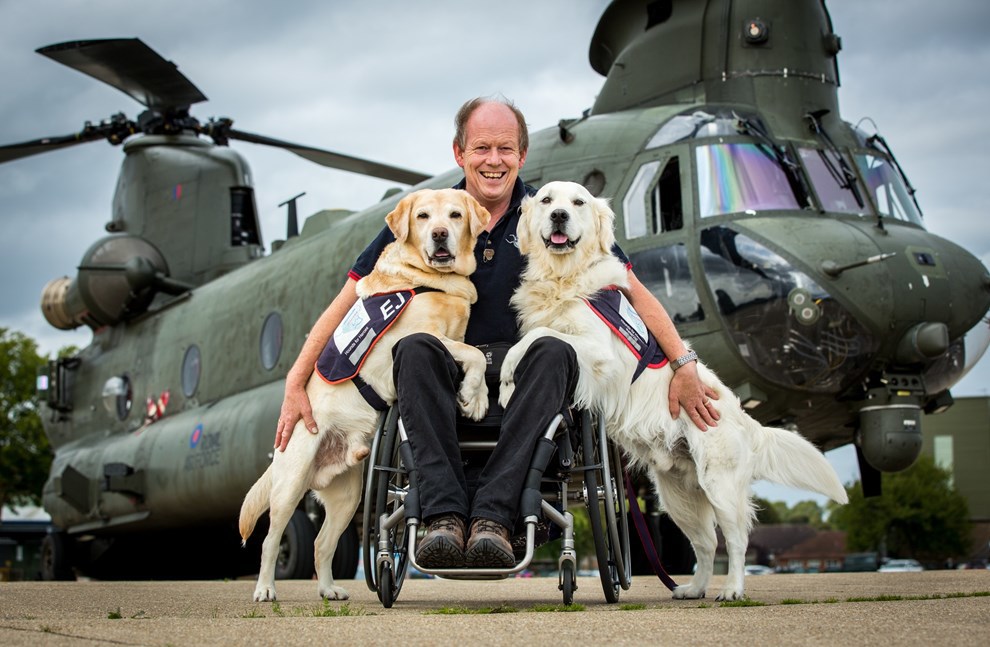This year marks the 33rd Gulf War Anniversary since the Gulf War ended. The Gulf War, also known as the Persian Gulf War lasted less than one year, starting on 2nd August 1990 and ending on 28th February, 1991.
At the time, the Gulf War saw the largest involvement of British Armed Forces since WW2, with approximately 53,000 British troops deployed. It’s estimated over the course of the Gulf War, the United States sent up to 500,000 troops.
History of The Gulf War
The Gulf War was triggered after Iraq’s dictator; Saddam Hussein, invaded neighbouring Kuwait on 2nd August 1990, in a controversial effort to gain more power over the Middle Eastern oil market.
As a result, The United Nations demanded that Iraq must withdraw their troops from Kuwait and imposed a trade embargo.
Iraq ignored calls to withdraw from Kuwait, resulting in coalition forces led by the United States to declare war on Iraq.
The most notable military operations of the war were Operation Desert Shield and Operation Desert Storm. Operation Desert Shield protected Saudi Arabia from being invaded and aimed to liberate Kuwait. On the other hand, Operation Desert Storm was an intensive bombing campaign which strategically targeted the Iraqi Army.
The Gulf War came to an end on 28th February, 1991, after coalition forces successfully managed to make Iraq retreat from Kuwait. However, following the 9/11 terrorist attacks against the United States, both the U.S. and Great Britain have been involved in further wars in the Middle East, including the Iraq War and Afghanistan War.

Gulf War Casualties
Due to the Gulf War lasting less than one year, deaths and injuries amongst U.S. and British troops were low. It’s estimated that approximately 250 - 300 Allied soldiers lost their lives during the Gulf War, either during direct conflict or as a result of injuries.
Deaths amongst Iraqi soldiers widely vary, but it’s estimated that approximately 20,000 - 35,000 Iraqi soldiers lost their lives.
After returning home, some war veterans started to experience an unusual array of symptoms such as chronic fatigue, muscle pain, insomnia, memory loss and dizziness.
Due to the unusual and unexplainable nature of these symptoms, some within the Armed Forces started to refer to the symptoms as ‘Gulf War syndrome’ or ‘Gulf War illness’.
It was later found that Gulf War related illness could have been caused by harmful neurotoxins, such as Sarin, a toxic nerve agent – which was released after coalition forces bombed Iraqi production facilities and chemical weapon storages.
Gulf War veterans were also exposed to high levels of stress, which in some cases may have resulted in PTSD symptoms.

Gulf War Veterans
Royal Navy Veteran Allen Parton suffered a severe head injury in a car accident while stationed in the Gulf.
The accident left him unable to walk, talk, or remember much of his life, but his first assistance dog gave him hope and encouraged him on what was to be a very long and incredibly complex rehabilitation journey.
After experiencing such a life-enhancing companionship with his assistance dog, Allen started his own charity – Hound for Heroes, partnering disabled personnel from the Armed Forces and Emergency Services with trained assistance dogs.
Allen is also a member of Blesma, the Limbless Veterans charity. As a Blesma Member, Allen has access to advice on mobility aid provisions, financial assistance, a year-round calendar of social activities with other veterans and emotional support.


Support Our Work
Blesma is a veteran charity committed to helping its Members live independent and fulfilling lives after suffering the loss of limbs, use of limbs, sight, speech or hearing.
Since 1932, Blesma has worked tirelessly to provide practical, emotional and financial support to injured military personnel, their families and widow(er)s as they rebuild their lives.